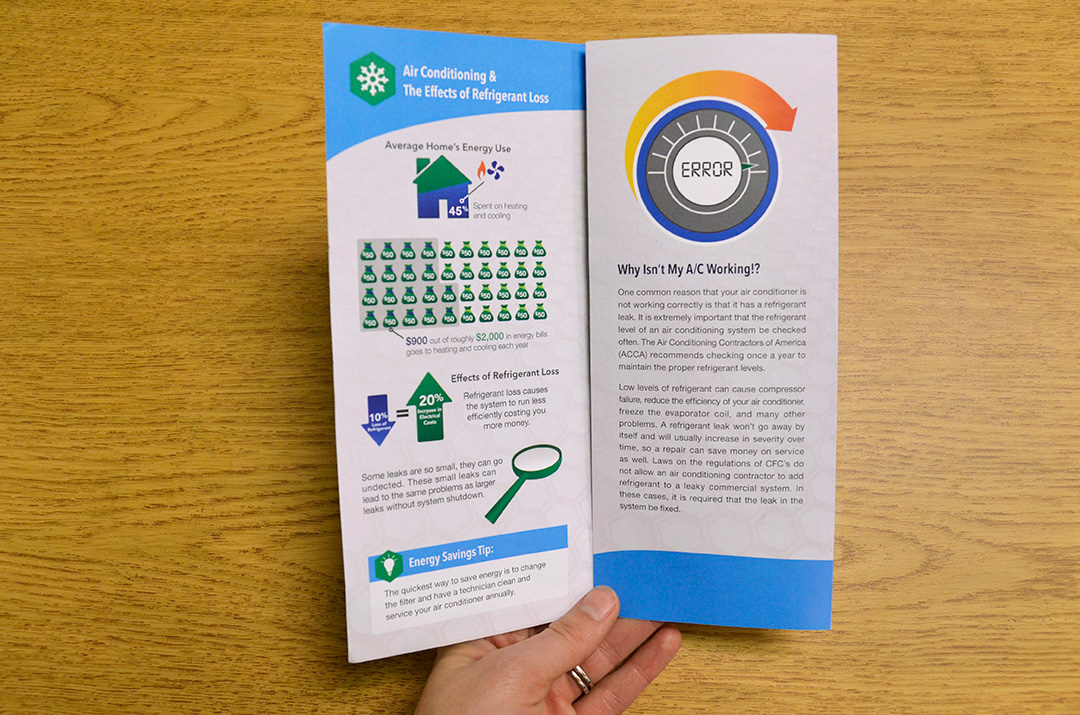Heat Pump Vs Heating System - Which Is The Better Heating Choice For Your Home?
Heat Pump Vs Heating System - Which Is The Better Heating Choice For Your Home?
Blog Article
Material Writer-Hjelm Rose
Lots of home owners are familiar with heating systems, which warm homes with oil or gas and push hot air with ductwork. click the up coming site are relatively economical and can offer trusted heating even during a winter season power interruption.
Nonetheless, they use nonrenewable fuel sources and generate carbon monoxide gas and other air contamination. They additionally aren't as energy-efficient as a high-efficiency heatpump.
Expense
Generally, heatpump are much more budget-friendly to run than heaters. They typically utilize electricity and refrigerant to extract heat from outdoor air, and afterwards move it into your home. You can make use of cheaper electricity rates throughout off-peak hours to better decrease your home heating expenses.
Unlike heatpump, gas or wood-burning furnaces utilize combustion to produce warm, giving off flue gases right into the atmosphere that can be unsafe to your health. These heating systems are also less energy-efficient than heatpump, and their greater operating costs can build up gradually.
Heating systems are a lot more difficult than heatpump and call for regular upkeep to guarantee the correct feature of all parts. Regardless of this, they often tend to last longer than heat pumps with a common lifespan of twenty years or more. However, you'll need to consider the expense of gas, gas oil or timber and the extra tools required for setup and operation such as ducts and air flow systems.
Power Effectiveness
Heat pumps have a greater energy efficiency score than heaters. These systems use electrical energy to feed on warm from the air, also in freezing temperature levels. They can likewise remove excess heat from the home throughout warmer months and recycle it to cool the system. copyright experts can assist you determine the most effective design for your home on climate and resource energy prices.
Furnaces melt fuel oil, lp, gas or other sorts of nonrenewable fuel source to heat up the air in the home. This air is then spread with ductwork making use of a huge fan. Furnaces generate greenhouse gases and need normal maintenance and equipment upgrades to make certain secure operation.
The biggest benefit of a heater is that it can be run even in extreme winter season conditions due to the fact that it does not depend on exterior temperature levels to warm up the air. Furnaces also have a longer lifespan than heatpump and usually last 15 years. They can also be paired with dual fuel choices, which pick the most reliable home heating choice based on the weather condition.
Environment
Heat pumps function well in moderate climates and utilize less resource power than heaters. Nevertheless, if your area is remarkably cool, you might require to purchase a basic gas heating system rather.
Heaters offer warm, comfy warmth and usually provide quick heating to increase interior temperature levels. These systems can be used with a range of gas kinds, consisting of natural gas, gas, oil or electricity.
They consume extra power than heatpump-- as much as 3x as much-- and require ductwork that's expensive to set up or retrofit. They're also extra pricey to keep, as they can trigger air top quality problems and produce greenhouse gas discharges.
If you're dedicated to minimizing your carbon footprint, a heatpump is a good option for your home. They have less greenhouse gas emissions than heaters, specifically if you choose a power STAR ® heatpump. Your regional copyright professional can describe the differences in between these two furnace and help you make the very best choice for your special demands.
Personal Preferences
Heaters can be really energy reliable when powered by gas, gas or oil, however they aren't as power efficient as heat pumps in icy climates. They can also be a lot more expensive to set up, requiring gas lines and ventilation systems.
Nevertheless, heaters have a tendency to need much less maintenance, which can result in reduced continuous expenses. They generate less greenhouse gases and are a lot more trusted than heatpump during severe climate.
Electric heat pumps are more flexible in creating indoor convenience since they can additionally function as ac system during warmer months. navigate to this web-site can be easier to keep, needing just regular air filter adjustments and periodic vacuuming.
If you choose the comfort of a single system that does it all, consider a hybrid heating solution that sets a furnace with an electric heat pump. These systems can immediately switch over in between the two home heating options based on your home's needs and temperature problems, taking full advantage of efficiency and cost savings.